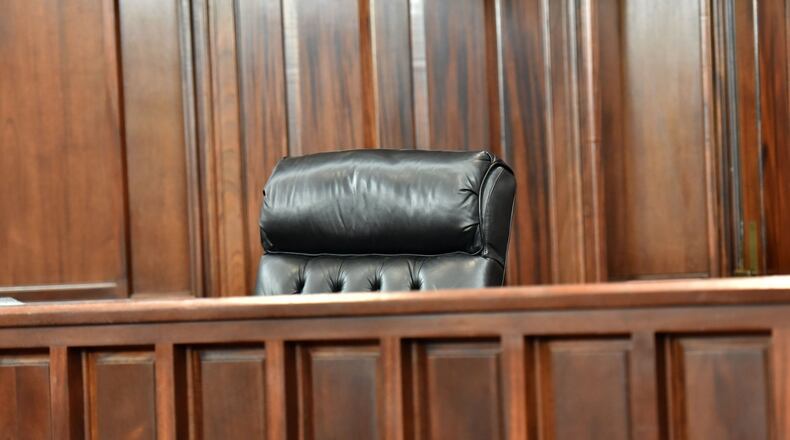Georgia’s new governor has made several diverse judicial appointments across the state and is rightly being praised for his choices. But, the question still to be answered is, what about Fulton County? Diversity is increasing in the justice system in other communities while the dilution of African American judges on the Fulton County Superior Court bench continues.
In 2002, eight of the 18 judges on the Fulton County Superior Court were African American. Currently, there are 20 judges on the Fulton Superior Court bench. Seven of the 20 are African American. But for the most recent judicial elections in 2016, where African American candidates won three of the four contested races, only four of Fulton County’s superior court judges would be people of color. Since 2003, there has been only one appointment of an African American to that bench. Today there are fewer African American judges on the Fulton bench than there were in 2000.
Between Gov. Sonny Perdue and Gov. Nathan Deal, there were 198 appointments to the bench, yet minorities comprised a mere 6.33% of Gov. Perdue’s judicial appointments. Because Gov. Deal made more than 150 judicial appointments, it is commonly acknowledged that he has single-handedly reshaped the Georgia judiciary. Yet, only 16.81% of his judicial picks were minorities.
Since 2003, when the political power in this state shifted, Georgia’s governors have had 12 opportunities to fill vacancies on the Fulton County Superior Court. Well-qualified diverse candidates applied every time. Only once has the appointing governor chosen a diverse candidate to fill a Fulton County Superior Court vacancy. Not one African American male has been appointed to that bench in the last 16 years. What has happened in Fulton County is remarkable considering that it has the highest concentration of African American attorneys in the state. Today, both the number and percentage of African American judges on the Fulton bench is less than it was in 2002.
Advocacy For Action has for years advocated for more-diverse judicial appointments. Those pleas have been denied until recently when in the past few months there have been diverse judicial appointments across the state by Gov. Brian Kemp — everywhere but Fulton County. The decreasing number of minority judges in Fulton County is real and the silence cannot continue.
Fulton County has a diverse population. That fact should be reflected in its institutions, including the courts. Like every other community in Georgia, Fulton County is entitled to courts that are inclusive and reflective of the community being served. When a representative judiciary does not occur through the appointment process, we can collectively do three things:
- First, minority judges should not resign before the end of their term. There have been several minority judges – some who were firsts – who were appointed to seats and resigned prior to the end of the term. In each instance, the resignation resulted in a dilution of the number of minority judges on that court. The power to appoint judges to vacant seats is conditional. Until there is a change in the philosophy of the official making the appointments, let the voters decide who serves on the bench in their communities.
- Second, minority lawyers must be willing to run for the judiciary. That mindset of securing a judgeship only through appointment must change. In 2018, there were vacancies on the Supreme Court and Court of Appeals. Not one minority attorney qualified to run for either position. A successful campaign for a judgeship is certainly possible. But it will not happen if minority candidates fail to run for judgeships.
- Minority attorneys must participate in the appointment process, if only to highlight its flaws. But, running for office should not be foreclosed. Indeed, strategically, having more people willing to run is the probably the best way to increase the likelihood of diverse appointments. Every experienced trial lawyer knows the best way to settle a case is to prepare for trial.
Last, communities must be educated and mobilized. Lawyers alone do not elect judges; but they do play a powerful role in educating communities about judges and the courts. .
Change is not dependent upon who makes the judicial appointments: change in our judiciary is dependent upon all of us who are willing to stand up and do something.
Judge Thelma Wyatt Moore is president of Advocacy For Action Inc. Suzy Ockleberry is co-convenor of Advocacy For Action PAC, and Wayne Kendall is its treasurer. Bettianne Hart, vice president of Advocacy For Action Inc., and
Charles Johnson, co-convenor of the Advocacy For Action PAC, contributed to this piece.
Keep Reading
The Latest
Featured



